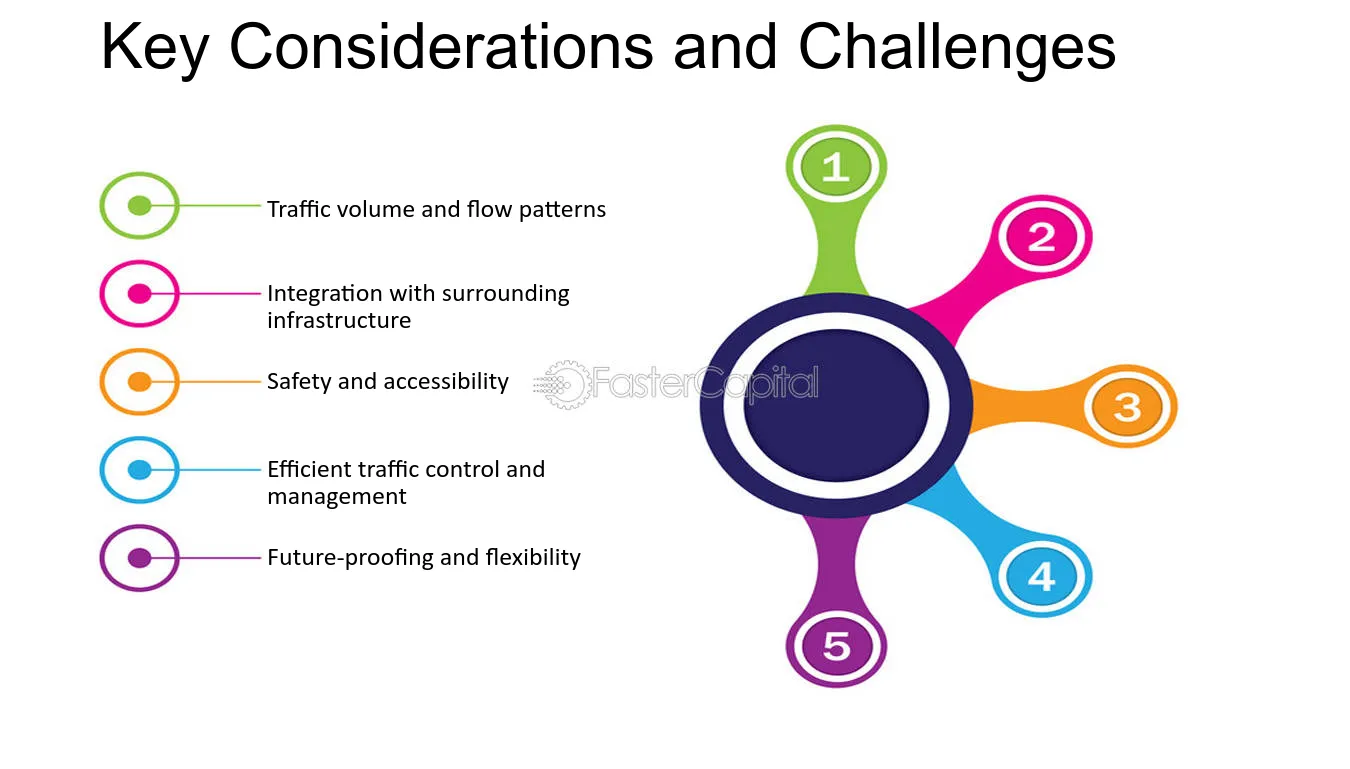In the modern era of remote work, the demand for chat process work-from-home opportunities has surged, offering individuals the flexibility to work from the comfort of their own homes while providing essential customer support services.
This introduction sets the stage for exploring the world of chat process work-from-home jobs, delving into the nature of these roles, their significance in today’s business landscape, and the benefits they offer to both employees and employers alike.
As we delve deeper into this topic, we will uncover the various aspects of chat process work-from-home opportunities, including the types of tasks involved, the skills required, and the potential for professional growth and development. Additionally, we will explore the impact of these remote roles on work-life balance, productivity, and job satisfaction.
Understanding Chat Process Work

Chat process work involves providing customer support or assistance through chat-based communication channels. This type of work is typically conducted remotely, allowing individuals to work from home or any location with an internet connection.
Chat process work can encompass a variety of tasks, including answering customer inquiries, troubleshooting technical issues, providing product information, and resolving complaints or concerns.
In chat process work, employees communicate with customers in real-time using text-based chat platforms, such as live chat software or messaging apps. They must possess strong written communication skills, the ability to multitask effectively, and a customer-centric approach to problem-solving.
This form of customer support offers several advantages, including convenience for both customers and employees, increased accessibility, and the ability to handle multiple inquiries simultaneously. However, it also presents challenges such as maintaining productivity and ensuring accurate and timely responses to customer queries.
Overall, understanding chat process work involves recognizing its role in providing efficient and accessible customer support services while navigating the unique demands and opportunities of remote communication channels.
Remote Tele Calling Jobs: Work From Home
Benefits of Chat Process Work from Home
Flexibility and Convenience:
Working from home allows individuals to have more control over their schedules and work environment. They can choose their preferred working hours, which can accommodate personal commitments and preferences.
Work-Life Balance:
Chat process work from home enables better work-life balance by eliminating the need for commuting and providing more time for personal activities and family responsibilities.
Cost Savings:
Remote chat process work can lead to cost savings for both employees and employers. Employees save on transportation, work attire, and dining expenses, while employers save on office space and utilities.
Increased Productivity:
Remote work environments can lead to increased productivity as employees have fewer distractions and interruptions compared to traditional office settings. They can focus on tasks without the need for frequent meetings or office-related distractions.
Global Talent Pool:
Employers can access a larger pool of talent by hiring remote chat process workers from different geographic locations. This allows them to find candidates with the specific skills and qualifications needed for the role, regardless of their location.
Reduced Environmental Impact:
Working from home reduces the need for commuting, resulting in lower carbon emissions and environmental impact. This aligns with sustainability goals and contributes to a greener planet.
Overall, chat process work from home offers numerous benefits for both employees and employers, including flexibility, work-life balance, cost savings, increased productivity, access to a global talent pool, and a reduced environmental footprint.
Challenges and Considerations

Technology and Infrastructure Requirements:
Remote chat process work relies heavily on technology and internet connectivity. Employees need access to reliable internet connections, suitable devices (such as computers or laptops), and appropriate software tools for effective communication and task management. Ensuring that employees have the necessary technology and infrastructure in place is essential for successful remote work.
Communication and Collaboration:
Working remotely can present challenges in communication and collaboration, particularly in a chat-based environment where interactions are text-based.
Employees may face difficulties in conveying tone or understanding nuances in written communication. Employers must establish clear communication channels and protocols to facilitate effective collaboration among remote team members.
Managing Workload and Productivity:
Remote chat process workers may encounter challenges in managing their workload and maintaining productivity without direct supervision.
They must be self-disciplined, organized, and able to prioritize tasks effectively. Employers can support remote workers by setting clear expectations, providing adequate training and resources, and implementing performance monitoring and feedback mechanisms.
Maintaining Security and Confidentiality:
Handling sensitive customer information and data security are paramount concerns in chat process work. Remote workers must adhere to strict security protocols and guidelines to protect customer privacy and prevent data breaches.
Employers must implement robust security measures, such as encryption, access controls, and employee training, to safeguard sensitive information in a remote work environment.
Ensuring Employee Well-being:
Remote chat process workers may experience feelings of isolation or disconnection from their colleagues and the organization.
Employers must prioritize employee well-being by promoting regular communication, offering opportunities for social interaction and virtual team-building activities, and providing access to resources for mental health support and work-life balance.
Navigating these challenges and considerations is essential for successful implementation of chat process work-from-home arrangements and ensuring the effectiveness and sustainability of remote work models.
Application Process and Tips for Success
Research and Identify Opportunities:
Begin by researching companies that offer chat process work-from-home positions. Look for job openings on company websites, online job boards, and freelance platforms. Identify positions that match your skills, experience, and career goals.
Tailor Your Resume and Cover Letter:
Customize your resume and cover letter to highlight relevant experience, skills, and qualifications that make you a strong candidate for the chat process role. Emphasize any previous customer service or communication experience, proficiency in chat-based communication tools, and relevant technical skills.
Highlight Remote Work Skills:
Showcase your ability to work independently, communicate effectively in written form, and manage tasks in a remote work environment. Provide examples of times when you successfully resolved customer inquiries or issues via chat, demonstrated attention to detail, and met deadlines while working remotely.
Prepare for Virtual Interviews:
If selected for an interview, be prepared to participate in virtual interviews conducted via video conferencing platforms. Test your technology beforehand to ensure a smooth interview experience and dress professionally as you would for an in-person interview.
Practice answering common interview questions and prepare specific examples to demonstrate your suitability for the role.
Demonstrate Enthusiasm and Adaptability:
During the application process and interviews, convey your genuine enthusiasm for the opportunity to work remotely in a chat process role.
Highlight your adaptability, problem-solving skills, and ability to thrive in a fast-paced and dynamic work environment. Be prepared to discuss how you would handle challenging customer interactions and prioritize tasks effectively while working remotely.
Follow Up After Interviews:
Send a thank-you email or note to your interviewers expressing appreciation for the opportunity to interview and reiterating your interest in the position. This demonstrates your professionalism and leaves a positive impression with the hiring team.
By following these application process and tips for success, you can increase your chances of securing a chat process work-from-home opportunity and embark on a rewarding career path in remote customer service.
Case Studies and Testimonials

Case Study: Sarah’s Success Story
Sarah, a former office-based customer service representative, transitioned to a chat process work-from-home role with ease. By leveraging her strong written communication skills and adapting to the remote work environment, Sarah excelled in providing timely and effective customer support.
She found the flexibility of remote work allowed her to achieve a better work-life balance while maintaining high productivity levels.
Testimonial: John’s Experience with Remote Chat Process Work
“Working remotely in a chat process role has been a game-changer for me. The flexibility to work from home has allowed me to spend more time with my family while still pursuing a rewarding career.
I’ve found that the chat-based communication enables me to provide efficient and personalized support to customers, leading to greater satisfaction and positive feedback.”
Case Study: Emily’s Journey to Remote Leadership
Emily started her career in chat process work-from-home role and eventually progressed to a leadership position. Through dedication, hard work, and effective communication, Emily demonstrated her ability to lead a remote team successfully. Her journey serves as an inspiration to others aspiring to advance their careers while working remotely.
Testimonial: David’s Perspective on Remote Chat Process Work
“As a remote chat process worker, I’ve experienced firsthand the benefits of flexible work arrangements. The ability to work from home has allowed me to eliminate the stress of commuting and create a more comfortable and productive work environment. I appreciate the trust and support from my employer, which has enabled me to thrive in my role.”
These case studies and testimonials highlight the experiences and successes of individuals working in chat process roles from home. They illustrate the positive impact of remote work on work-life balance, productivity, career advancement, and overall job satisfaction.
Conclusion
In conclusion, chat process work-from-home opportunities offer a flexible and rewarding career path for individuals seeking remote employment. Throughout this exploration, we have examined the nature of chat process work, its significance in today’s business landscape, and the benefits it offers to both employees and employers.
The convenience and flexibility of working from home enable individuals to achieve a better work-life balance, reduce commuting stress, and increase productivity. Employers benefit from cost savings, access to a global talent pool, and increased employee satisfaction and retention.
Other Questions
What are chat process work-from-home opportunities?
Chat process work-from-home opportunities involve providing customer support or assistance through text-based communication channels remotely.
What are the benefits of chat process work from home?
Benefits include flexibility, improved work-life balance, cost savings, increased productivity, access to a global talent pool, and reduced environmental impact.
What are some challenges associated with chat process work from home?
Challenges include technology and infrastructure requirements, communication and collaboration barriers, managing workload and productivity, and maintaining security and confidentiality.




